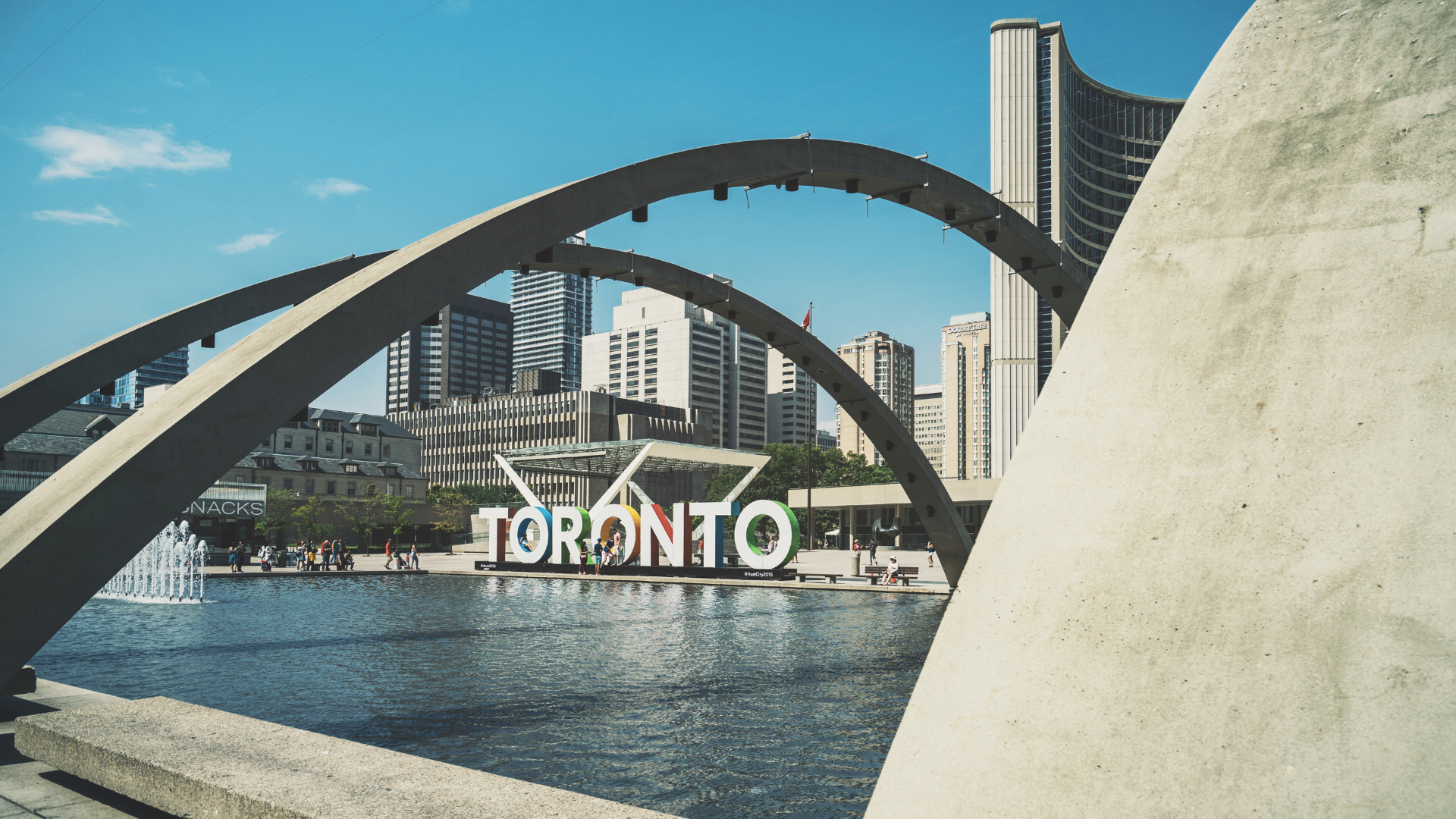What to Expect During Your Virtual Citizenship Ceremony in Canada

Becoming a Canadian citizen is a significant milestone, and
many are now doing so through virtual citizenship ceremonies. Here's a
breakdown of what you can expect if you're participating in a virtual ceremony.
Why Virtual Ceremonies?
Before the pandemic, citizenship ceremonies were held in
person. However, Immigration, Refugees and Citizenship Canada (IRCC) introduced
virtual ceremonies to adhere to social distancing and address the growing
backlog of applications. Even though restrictions have eased, virtual
ceremonies remain popular. From January to September 2023, IRCC conducted 224
virtual ceremonies on average each month, compared to only 52 in-person
ceremonies.
The Importance of the Citizenship Ceremony
The citizenship ceremony is a meaningful event where you
officially become a Canadian citizen. You will sing the national anthem and
take the Oath of Citizenship, a formal promise to respect Canadian laws and
fulfill your duties as a citizen. Once you take the oath, you are officially a
Canadian citizen.
How Virtual Ceremonies Work
Virtual citizenship ceremonies are hosted via Zoom. The
ceremony typically lasts about 1.5 hours and includes multiple participants.
You can have your family and friends with you during the event. A judge or
presiding official will lead the ceremony, and you are expected to dress
respectfully, with business attire recommended. You can wear traditional or
religious attire, and head coverings are also permitted.
To participate, you need to be in Canada. If you're outside
of Canada on the day of your ceremony, you must contact IRCC to explain your
situation.
Preparing for the Ceremony
- Scheduling:
IRCC will contact you one to two weeks before the ceremony via email or
phone with the date, time, Zoom link, and instructions.
- Technology:
Make sure you have a stable internet connection and a computer, tablet, or
phone with audio and video capabilities. You'll need to download Zoom if
you haven't already.
- Setup:
Choose a simple, plain background for your Zoom session. IRCC recommends
avoiding virtual backgrounds, but you can display Canadian-themed items or
wear red and white. Ensure your camera shows your head and shoulders.
- Documents:
On the day, you'll need:
- Your
Permanent Resident (PR) card or Confirmation of Permanent Residence
(COPR)
- Two
pieces of ID (e.g., PR card and a government-issued ID)
- Scissors
to cut up your PR card after taking the oath
- Optional:
A holy book to swear on if you wish and your phone for a celebratory
selfie at the end.
What Happens During the Ceremony
The ceremony is split into two parts:
- Registration
Phase: This happens in a separate Zoom room, where an IRCC
official will confirm your identity, ask you to cut your PR card, and
gather information about how you’d like to receive your citizenship
certificate.
- Oath
Ceremony: You’ll return to the main Zoom room for
the formal oath. The judge will welcome you, and you’ll recite the Oath of
Citizenship and sing the national anthem. It's a good idea to practice
both in advance. After the ceremony, you can take a selfie with the judge
on screen to commemorate the occasion.
If you get disconnected during the ceremony, you can try
reconnecting using the same Zoom link. If you're unable to reconnect, contact
IRCC to reschedule.
After the Ceremony
Once the ceremony ends, you must sign the Oath or
Affirmation of Citizenship form and email it to IRCC. You can print and sign it
physically or sign it electronically. Be sure to send the form as a PDF or JPG.
Receiving Your Citizenship Certificate
After submitting the form, you'll receive your citizenship
certificate. You can choose to receive it either as:
- An
e-certificate: Available in the IRCC portal within five
business days.
- A
paper certificate: Delivered by mail, usually within
two to four weeks.
If you don’t receive your paper certificate within six
weeks, contact IRCC for assistance.
While the citizenship certificate proves your Canadian
citizenship, it is not a travel document. If you plan to travel outside Canada,
you’ll need to apply for a Canadian passport.
This is an exciting moment in your journey to becoming a
Canadian citizen, and the virtual ceremony is designed to make this process as
smooth and celebratory as possible!






